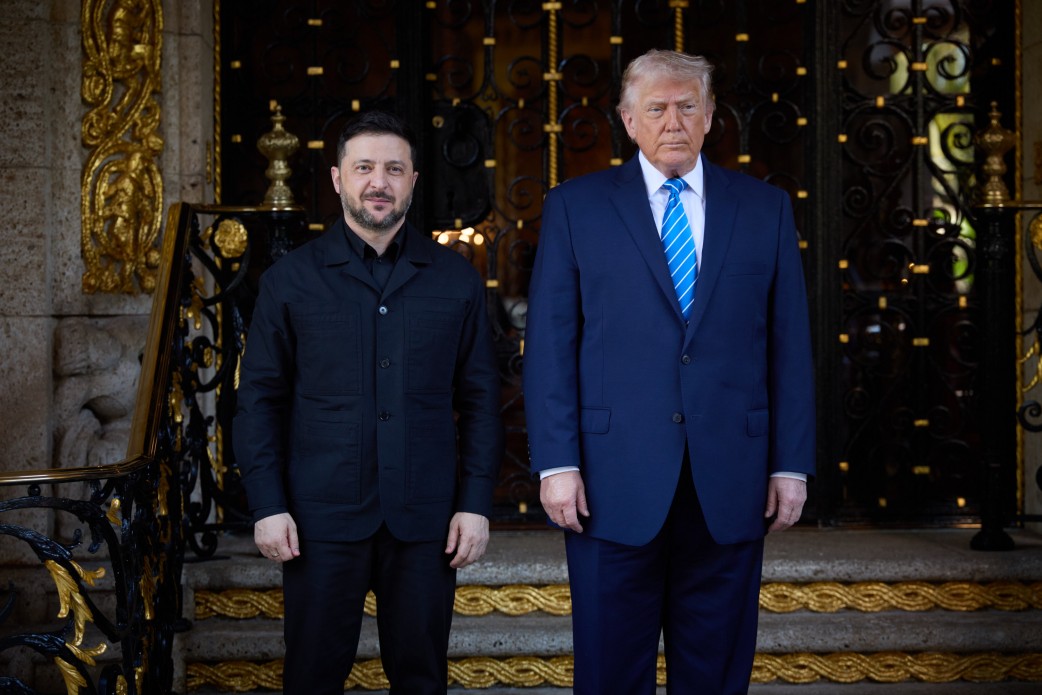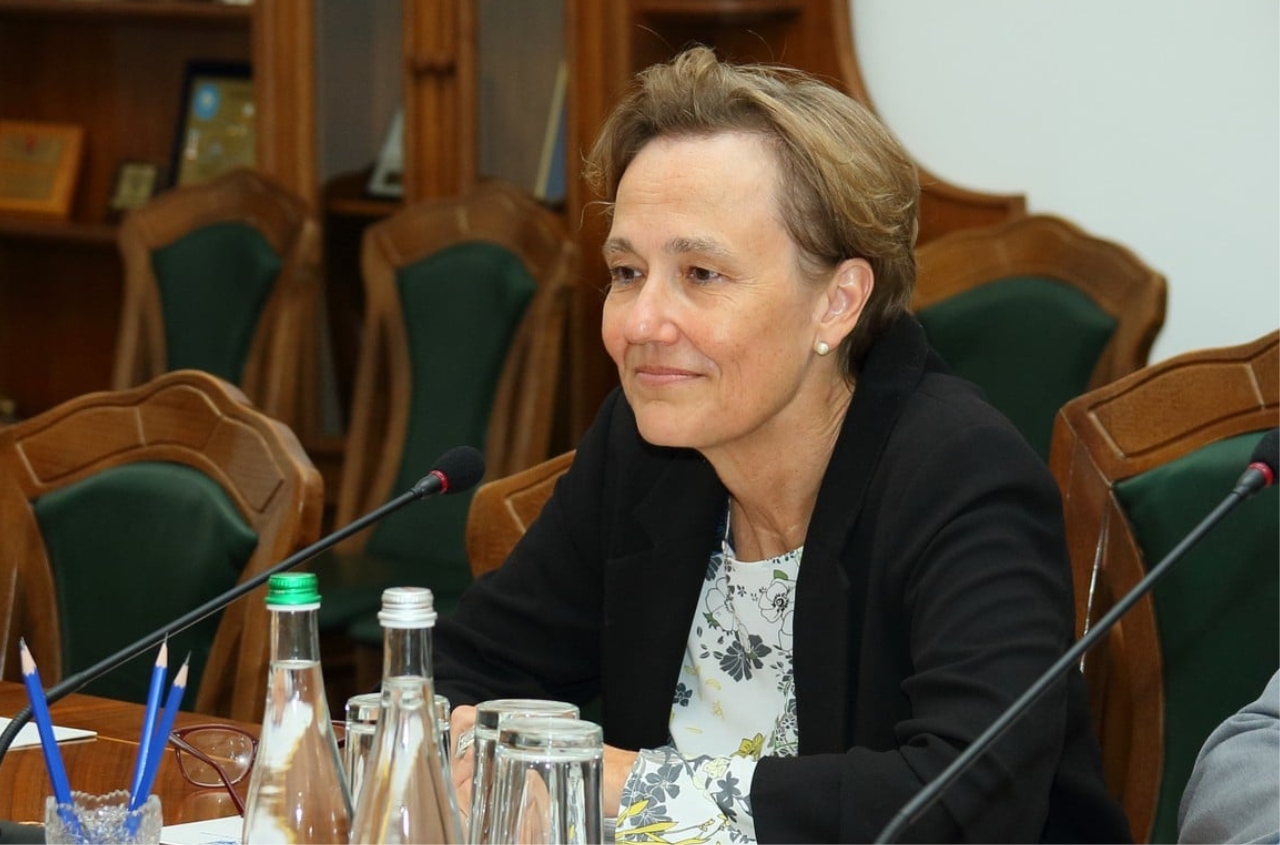Starting from May 18, the law "On Amendments to Certain Legislative Acts of Ukraine Regarding Specific Issues of Military Service, Mobilization, and Military Registration" comes into effect. The Verkhovna Rada passed this document on April 11, and the President signed it on April 16.
The law stipulates that citizens aged 25 to 60 are subject to mobilization.
During mobilization, men aged 18 to 60 are required to always carry their military registration document and present it upon request by a representative of the Territorial Recruitment and Social Support Centers (TRSSC), a police officer, or a border guard.
After the publication of the law, all conscripts will have 60 days to update their current residence address, contact information, and other military registration data. They can do this at the TRSSC, a Center for Administrative Services, or through an electronic cabinet.
According to the adopted law, the right to deferment is granted to:
- Those who are reserved;
- Those recognized as persons with disabilities or temporarily unfit for military service due to health conditions for a period of 6-12 months based on a Medical-Labor Commission's (MLC) conclusion;
- Women and men who have three or more children under 18 years old, except those who have alimony debts;
- Women and men who have a child (children) under 18 years old if the other parent of the child (children) is deceased, deprived of parental rights, declared missing or absent, declared dead, serving a prison sentence, or when a person independently raises and supports the child by court decision, or if the father's information in the child's record is based on Article 135 of the Family Code;
- Women and men, guardians, trustees, foster parents, parent-caregivers raising a child with a disability under 18 years old;
- Women and men, guardians, trustees, foster parents, parent-caregivers raising a child with severe diseases;
- Women and men supporting an adult child who is a person with a disability of group I or II;
- Guardians of a person declared incompetent by a court;
- Persons who have a spouse from among persons with disabilities of group I or II;
- Persons who have a spouse from among persons with disabilities of group III due to oncological disease, lack of limbs, hands, feet, one of the paired organs, or if a person with group III disability has an oncological disease, mental disorder, cerebral palsy, or other paralytic syndromes;
- Persons who have one of their parents with a disability of group I or II, or one of the parents of their spouse from among persons with disabilities of group I or II, provided there are no other non-conscripts who are legally obliged to support them (unless such persons are also persons with disabilities, require constant care, are under arrest (except house arrest), or are serving a sentence of restriction or deprivation of liberty). If there are no non-conscripts to care for a person with a disability of group I or II, only one conscript chosen by the person with a disability may provide care;
- Family members of the second degree of kinship of a person with a disability of group I or II, engaged in constant care for them (no more than one, and provided there are no family members of the first degree of kinship or if family members of the first degree of kinship themselves require constant care based on the conclusion of a medical-social expert commission or a medical-consultative commission of a healthcare institution). In the absence of family members of the first and second degrees of kinship, this rule applies to family members of the third degree of kinship of a person with a disability of group I or II;
- Women and men who have a child (children) under 18 years old and a spouse who is serving in the military.
Among motivational norms, the law includes provisions allowing conscripts who sign a contract with the Ministry of Defense to independently choose a military unit.
The law also provides for additional leave and rewards for the destruction or capture of enemy weapons or equipment, with the amount to be determined by law and government regulations. Annual primary leave is granted in parts throughout the calendar year, and the main continuous part must be at least 15 calendar days.
It establishes that one month of service is counted as three months in the calculation of years of service for those directly located in combat zones during the period of martial law.




















